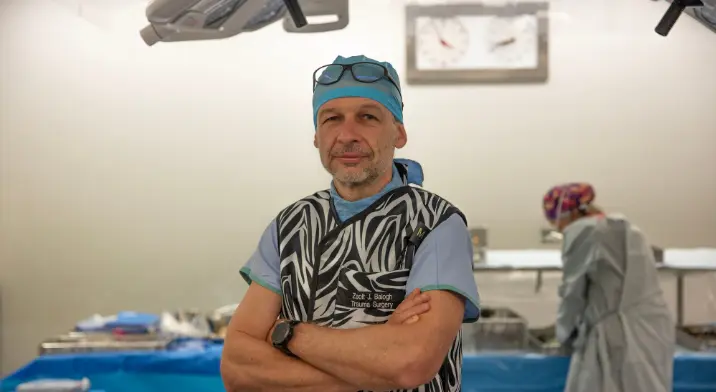Professor Stephan Chalup completed his undergraduate studies in Germany at the universities of Konstanz, Erlangen-Nuernberg, and Heidelberg where he graduated in mathematics with neuroscience. In 2002 he received his PhD from Queensland University of Technology in Brisbane where he studied at the Machine Learning Research Centre.
Professor Chalup then came to Newcastle where he started the Interdisciplinary Machine Learning Research Group which is now part of the Newcastle Robotics Lab. These groups have the common objective to advance research in the area of ‘Anthropocentric Biocybernetic Computing’. It investigates the complex interactions between humans and their environment on all levels.
When applied to real-world computing and autonomous agents the aim is to develop artificial systems that approximate human-like skills on tasks such as vision processing, facial expression analysis, space representation, and human-robot interaction. Machine learning techniques are employed for fine tuning the parameters of general models until they perform at extraordinary levels of skill on selected tasks.













